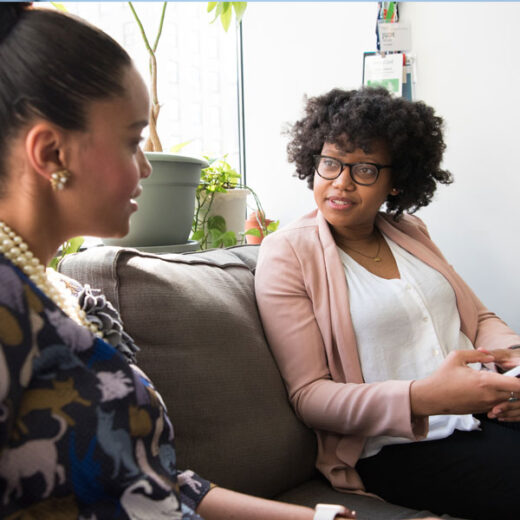Knowledge of Peer Support Practice
This is the first of the four main sections of the self-assessment. You will rate the level of competency your organization exhibits in understanding the unique nature of peer support practice. This section asks you to consider whether lived expertise is respected even though it is a different kind of knowledge from academic training and clinical expertise. As you complete this section, the competencies may apply to PS/As you employ or contract for services from another organization.
For each statement, rate your organization’s level of competency according to the 3 point scale below.

